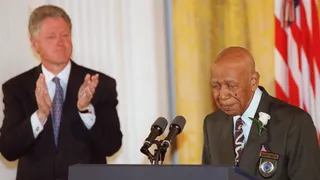The Tuskegee Experiment: A Lived Experience
From 1932 to 1972, Black men in rural Alabama were denied treatment for syphilis by government doctors. These images from the National Archives tell their story, 50 years later.
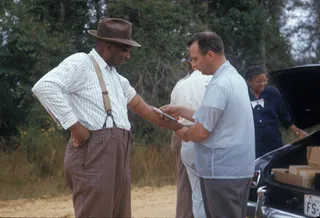
1 / 9
Men were routinely given shots that they were treatment for "bad blood." They were also subject to painful spinal taps to extract fluid to be examined for syphilis.
Photo By National Archives
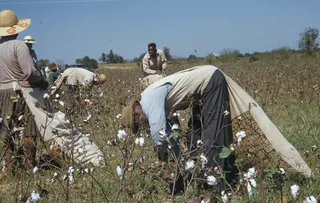
2 / 9
The 600 Black men in the Tuskegee Study were mainly poor, undereducated farmers and sharecroppers. They worked the fields as their parents and grandparents had done generations before.
Photo By National Archives
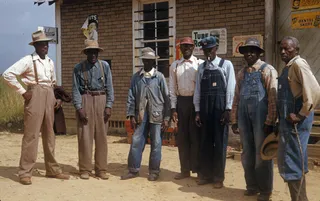
3 / 9
These poor farmers and sharecroppers were recruited for the Tuskegee Study with promises of free health care and burial insurance.
Photo By National Archives
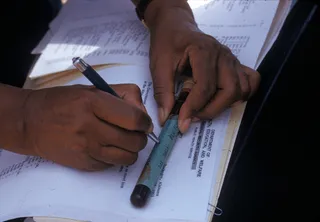
4 / 9
Samples of their blood were taken to view the impact of the disease over time of those men who carried a latent syphilitic infection. The government did not treat them for it, even when penicillin became available in 1941.
Photo By National Archive
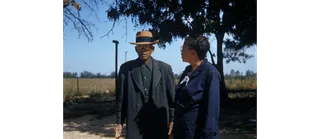
5 / 9
Eunice Rivers (right), a nurse trained at the then-Tuskegee Institute, served as a liaison between the government and the men. She administered health care, but also assisting in the study.
Photo By National Archives
ADVERTISEMENT
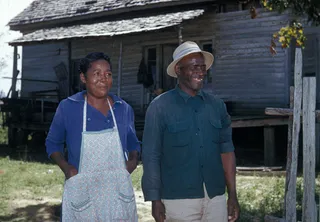
6 / 9
According to records, 28 of the 600 men involved, died directly from syphilis, another 100 died from complications. Also 40 of their spouses were diagnosed and passed the disease along to 19 of their children at birth.
Photo By National Archives
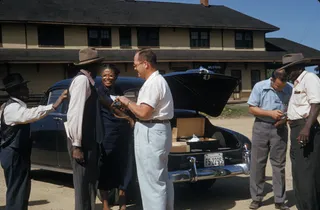
7 / 9
Scientists' original intention before the study began was to find ways of effectively treating syphilis in Black communities. It soon devolved into an attempt to discover if the disease affected Black people differently than White folks.
Photo By National Archives
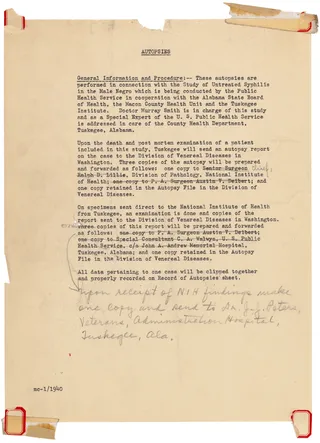
8 / 9
The US Public Health service promised burial insurance, but the men signed consent forms to have their bodies autopsied to be examined for the effects of syphilis. This document illustrate that.
Photo By National Archives
